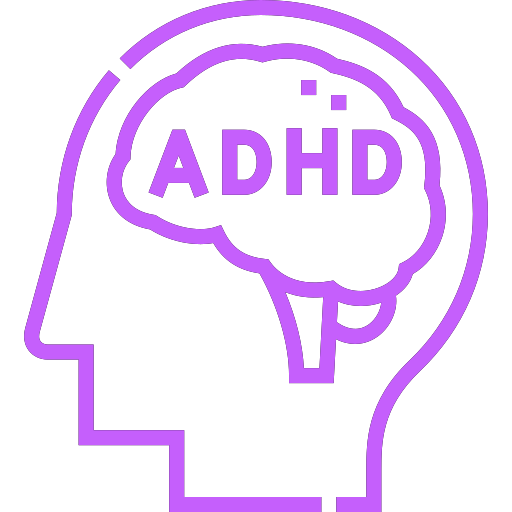What is supportive therapy?
Supportive therapy is a form of counseling that lets you voice your concerns related to a mental health diagnosis. Your therapist then intervenes with potential solutions to help you alter your thoughts, emotions, or behaviors.
Your therapist may help you work on specific goals related to your treatment. Some examples are:
1
Improving your emotional regulation
2
Boosting your motivation
3
Staying more focused
4
Overcoming fears and anxiety
5
Discerning between delusions and reality
6
Improving your self-esteem
The methods that work for someone else might not be the best fit for you. Your provider tailors the advice they offer to your specific situation after listening to your concerns with empathy and understanding.








